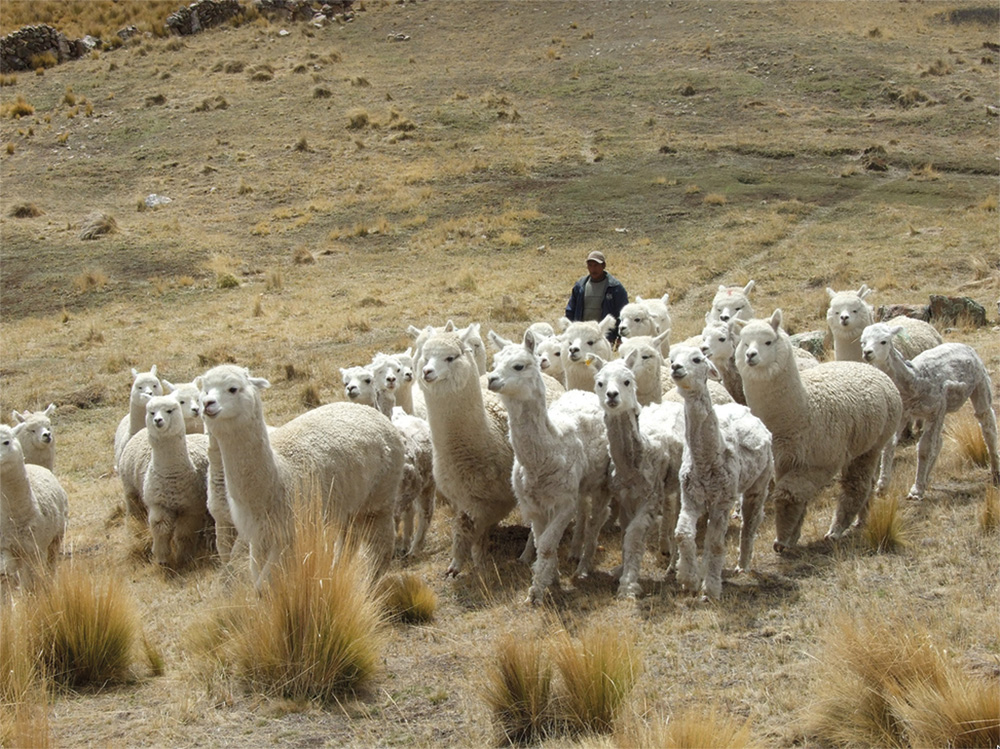West Africa : Community Based Natural Resource Management
This has to be accomplished against a
background of high illiteracy rates, rapidly growing
populations, low and erratic rainfall, inherently infertile
soils, and development strategies which have had a strong
urban bias. Under such conditions, traditional production
systems are unable to sustain the population. Without
significant change, land degradation will accelerate and the
natural resource base on which agricultural production






